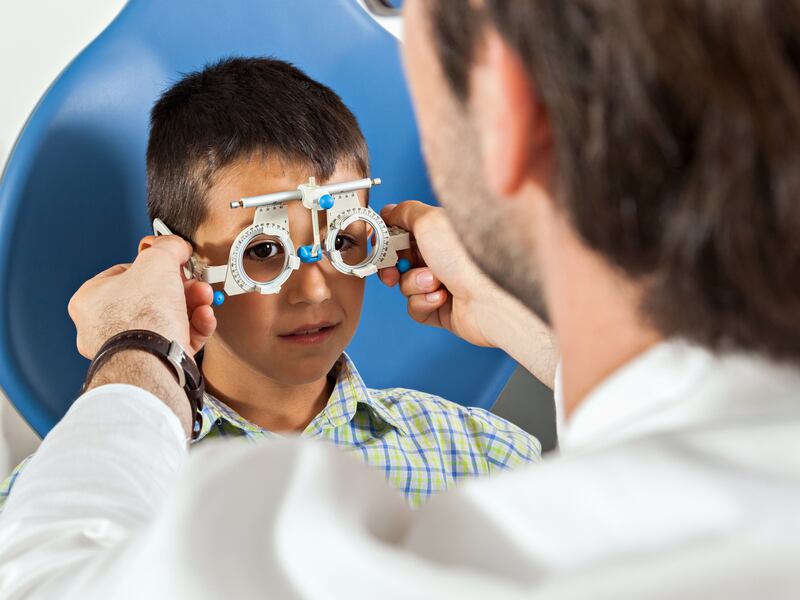Malcolm Gladwell published, “Outliers: The Story of Success,” in 2008. In the book, Gladwell references the “10,000-hour tule,” a concept about how excellence is achieved. After interviewing a who’s who of highly successful, world-class experts in a variety of fields, Gladwell concluded that 10,000 hours of purposeful, proper practice was a common benchmark for excellence in any given field.
As an ophthalmologist (eye surgeon), I can say that my colleagues and I have invested far more than 10,000 hours to achieve excellence. After medical school, we each complete at least four years of specialized surgical residency, working endless hours and performing mentored eye surgeries. In all, an ophthalmologist tallies up to 17,000 carefully supervised hours of very real, consequential practice on patients.
This year, there is a proposed bill in the Legislature that would bypass the “10,000-hour rule” and shortchange eye patients. HB224 is a proposal to allow optometrists (from the Greek, Optos and Metron — literally meaning a “vision measurer”) an “expanded scope of practice” to include a number of laser surgeries on eye patients, and worse, it opens the door to even more down the road.
Though optometrists are our valued partners in meeting the eye care needs of all Utahns, the Utah Ophthalmology Society must strongly oppose this measure.
With no disrespect for our optometrist associates, the two professions may be linked but are far from interchangeable. Yes, optometrists have completed a rigorous four-year academic course, as have we. Yes, they have worked hard to gain an impressive level of knowledge about the anatomy, function and disorders of the human eye, as have we.
The difference comes in our surgical training. Upon completion of their academic course, a typical optometrist has not performed a single surgical procedure. For the ophthalmologist, completing our academics is only a portal to several more years of long, demanding hours spent in highly-supervised “surgical practice” as a resident surgeon.
In addition to a disparity in training, there are other reasons that HB224 is ill-conceived. The technical nature of these surgeries has been minimized. Lasers help make surgeries simpler and less intrusive, but that hardly changes the underlying complexity of performing surgery on the human eye.
Also, while lasers make possible a wide array of effective and beneficial procedures, there remains the possibility of mishap or injury. Our years of training greatly reduce that risk, but it is still there. If something untoward occurs during even the simplest surgery, it is vital that the attending professionals have the equipment, skill and medical training to respond quickly and correctly.
Frankly, HB224 strikes us as a solution in search of a problem. It is difficult to understand this drive to so radically alter the market in favor of one particular field, perhaps at the expense of another. In fact, we find ourselves asking, is HB224 really about patients at all?
Each day we are reminded of the “fragile durability” of the human eye, and the fact that each of us is given only two for our lifetime. As of yet, there is no replacement should one be lost. The human eye is a miracle of resilience, yet at the same time it is ineffably delicate. Any attempt to discount risk seems unwise.
Malcom Gladwell hit on a truth — that there is no substitute for the proper practice of a skill or talent, no way to reach excellence quickly or by cutting corners. He added, “We learn by example and by direct experience because there are real limits to the adequacy of verbal instruction.” For all these reasons, the Utah Ophthalmology Society respectfully opposes HB224.
Dr. Christian Hess is a board-certified ophthalmologist and is the current president of the Utah Ophthalmology Society. A Utah native, his interests include music, skiing, hiking and running.

